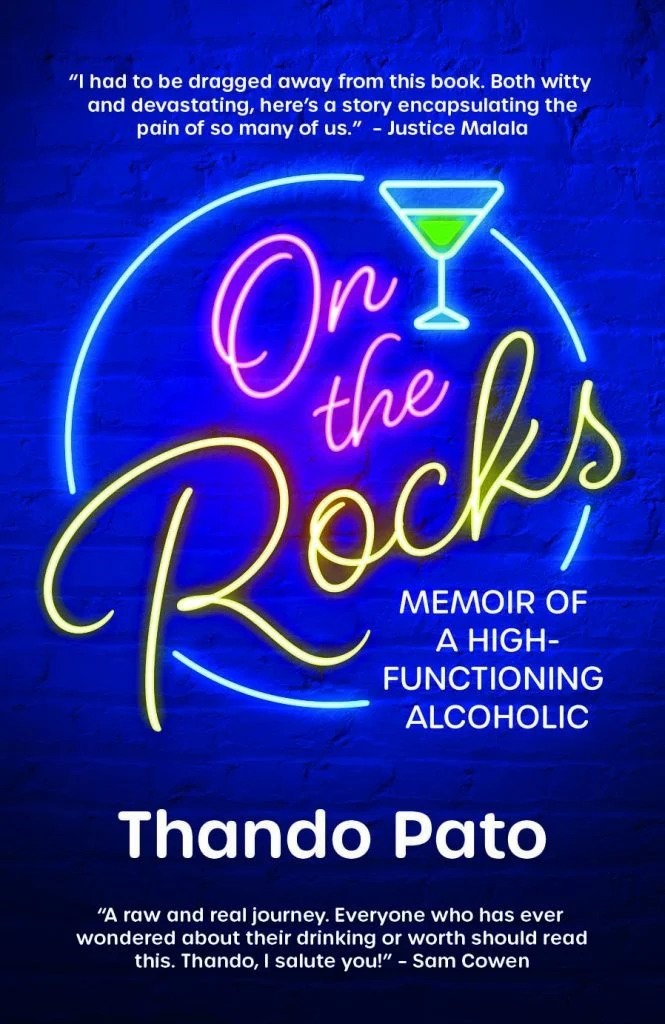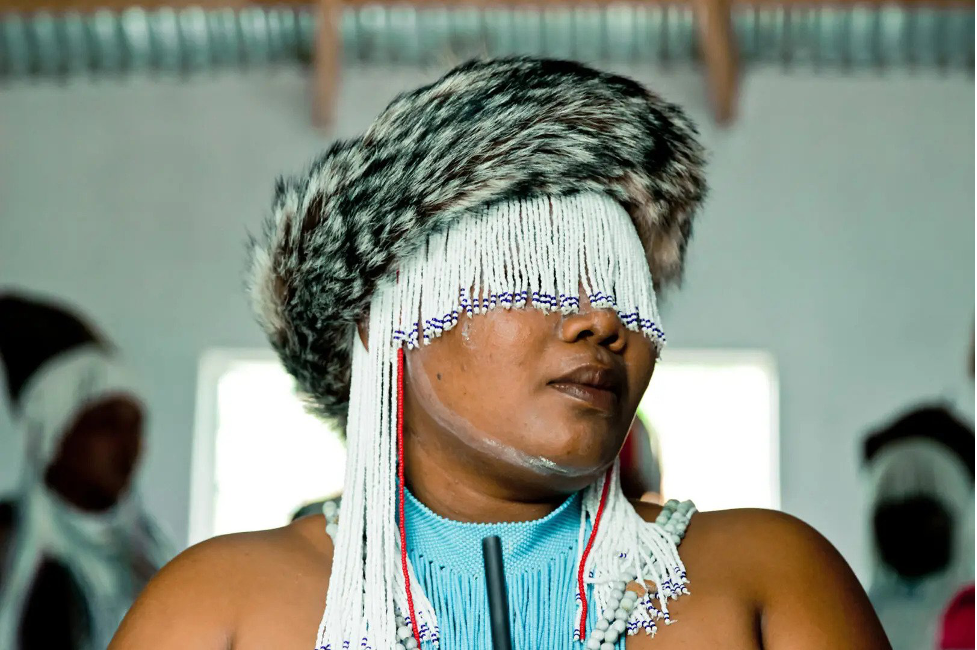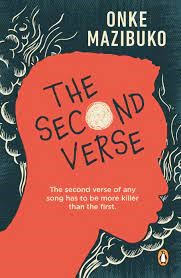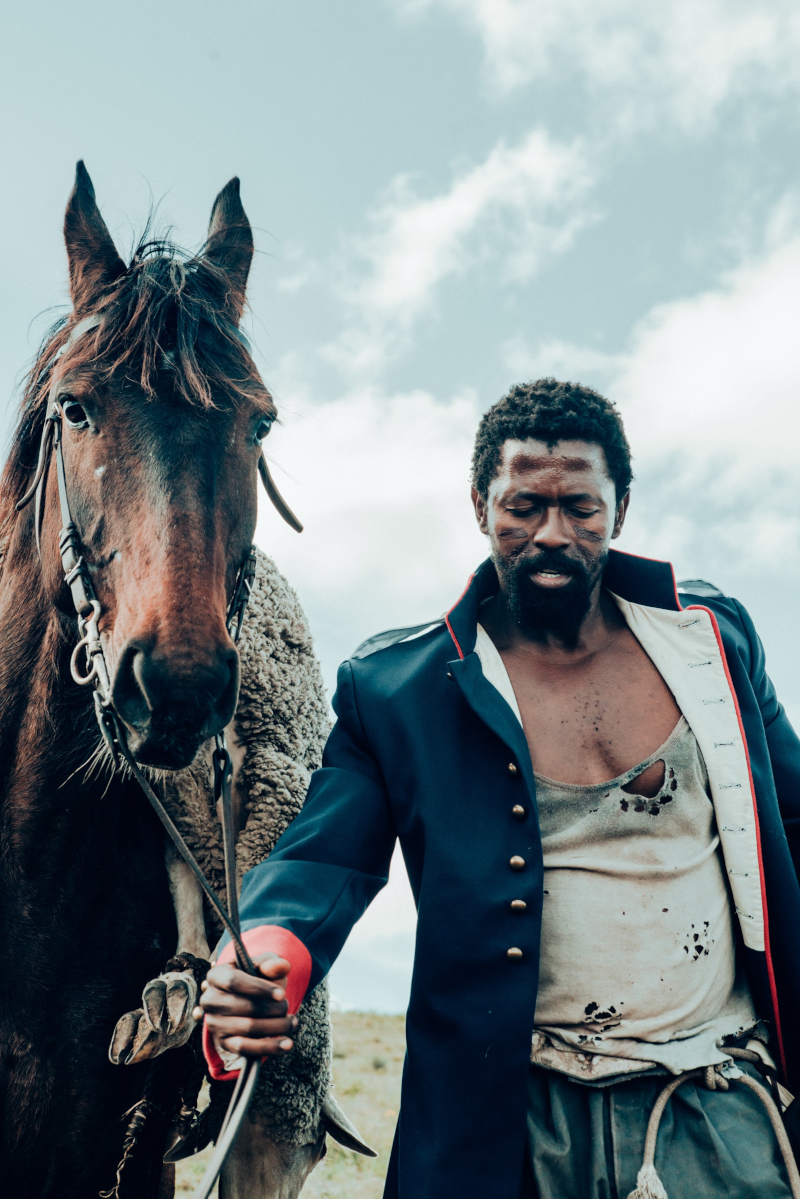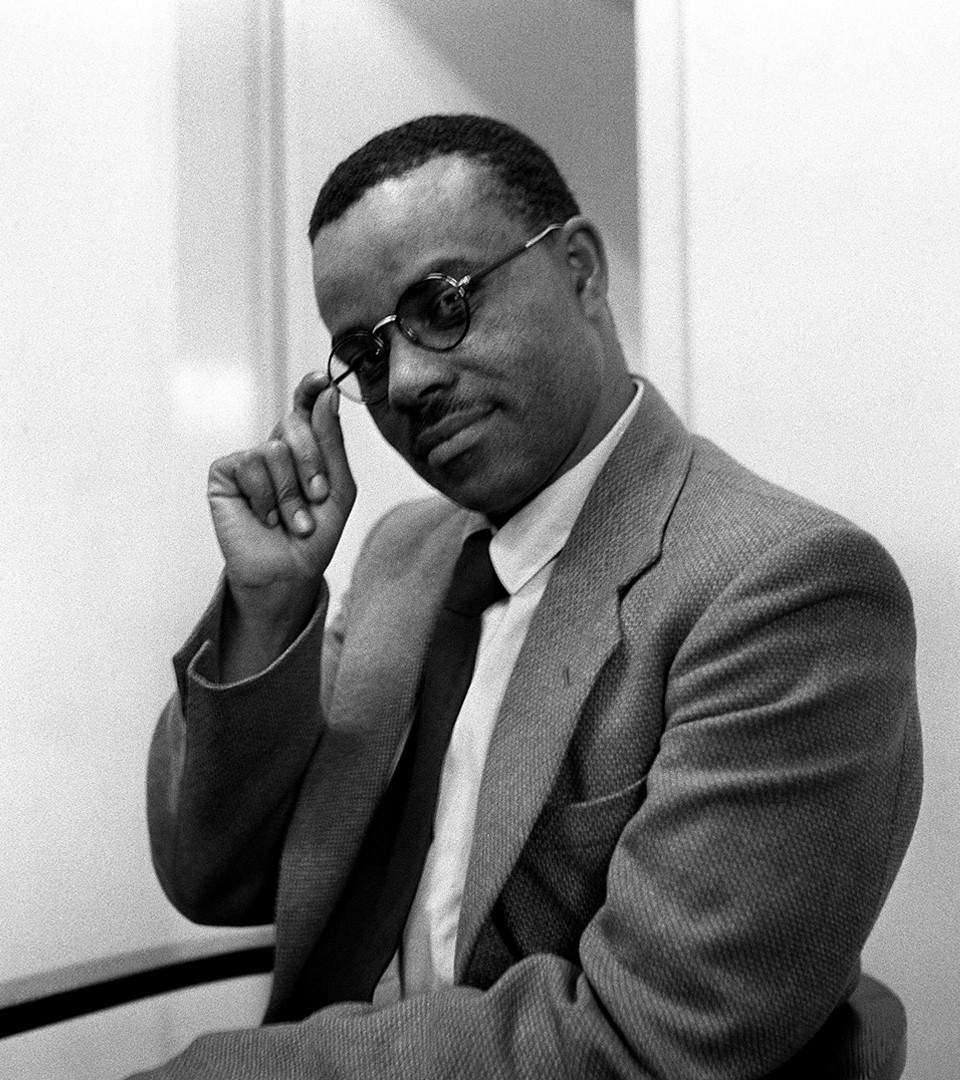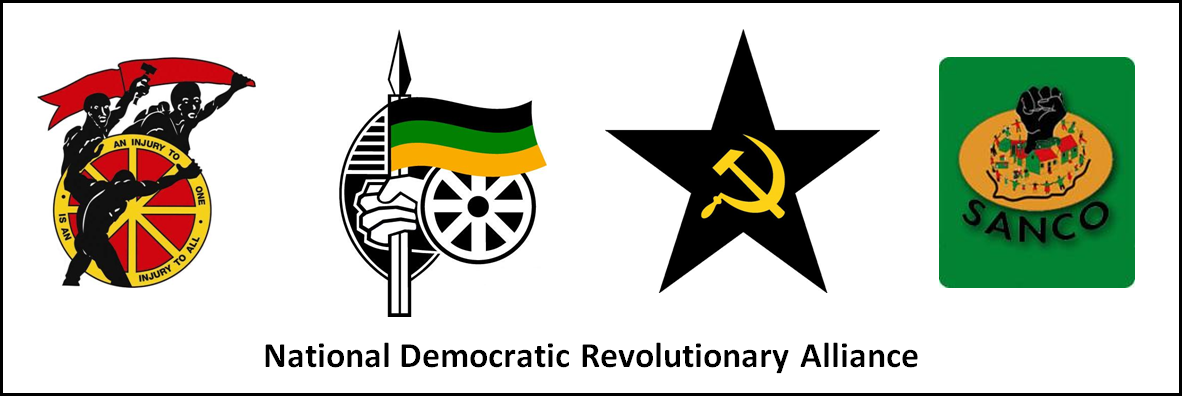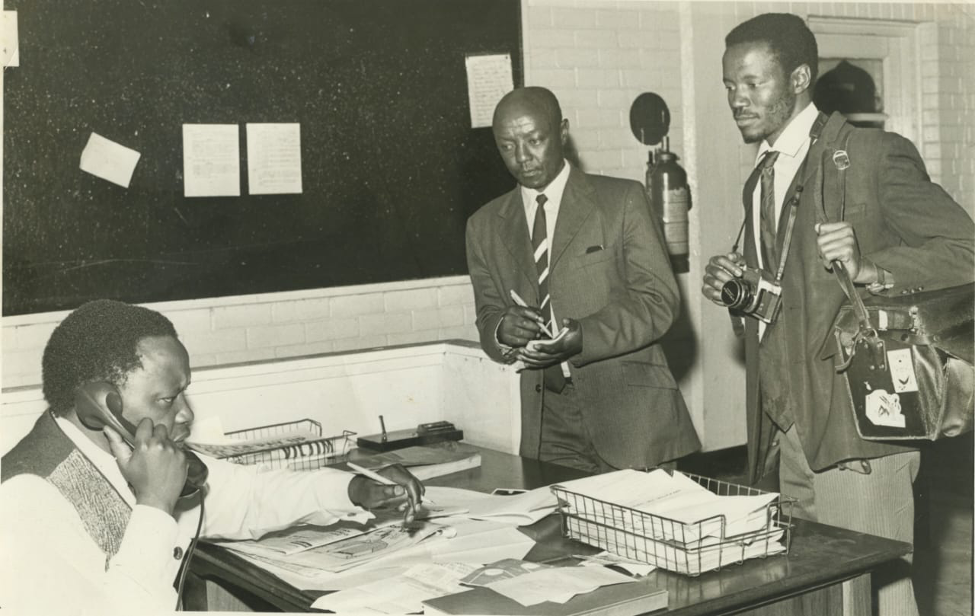From the ancient Egyptians times to Stellenbosch vineyards, for centuries alcohol has been a feature of human life and festivities. This inebriating concoction has also provided passage to other areas of the brain to provide temporary relief as an ‘escape’ from the pressures of society. For working professionals particularly alcohol has become a refuge for those who are weighed down by the pressures of the social expectations driven by the capital economy. When you however find yourself downing wine bottles every evening alone; or always two drinks ahead of your friends or indulging in drunken escapades during medical treatments then a drinking problem looms.
This overarching sentiment of alcohol as a refuge for professionals in the capital economy is echoed in the new book On The Rocks – Memoir of a High-functioning Alcoholic. It is Thando Pato’s account of her rollercoaster experience of her excessive drinking between 2016 and 2021 involving numerous relapses; diagnosis with breast cancer and eventually finding her way to sobriety. Brave, shocking along with some heartbreaking chapters On the Rocks serves us a cocktail of inspiration on how when we interrogate ourselves a bit deeper it’s possible to come out of the rocks better people.
Highly functional rationale
Pato opens the book by laying bare the embarrassing accounts of blackouts, morning headaches and McDonald’s remedies. Akin to a bar man rinsing beer-stained glasses to be reused for the next night, the author’s life was a rinse and repeat activity that puts the Hangover movie franchise to shame. Drinking everything from wine, gin, tequila, champagne and vodka, Pato’s excessive drinking was liters away from a casual two finger pouring. Amongst this cacophony of liquor, wine always won the day:
“I could comfortably down a bottle and half of white wine by myself in a single night”.
Multiply that by seven days in-between drinking with friends, colleagues and mostly alone at home after work then you have a fully functional alcoholic. This oxymoron – functioning alcoholic – is a rather a fancy description applied by some to justify their excessive drinking or a drinking disorder premised on tilted celebratory rationale and renunciations.
“I am surrounded by drinkers and we pretty much condone each other’s behavior...because we all have demanding jobs, drive luxury cars and highly functional, we don’t view our drinking as problematic”
Addicted to alcohol
Reminiscent of Sam Cowen’s From Whiskey to Water (2016) this latest offering is like peeping through your big sister’s diary, her vulnerability warmly tucked in-between each page. For the most part On The Rocks reads like fictional text triggering thoughts of Yaa Gyasi’s Transcendent Kingdom (2020) which also explored themes of depression, loneliness and addiction. However unlike Gyasi, Pato’s approach shies away from the scientific exploration of cognitive dynamics in an addict’s brain. Addiction has been described as a state psychological or physical dependence on a substance or activity where the user has no control over doing, taking or using something to the point harming oneself. Gyasi’s drug of choice examined in her book was opioids. Similar to food, sex or alcohol, opioids work on the reward circuits of the brain. She argued that the brain gets flooded with dopamine with every sip or hit. Then the brain keeps screaming for more until finally one gives everything with nothing in return but momentary relief or feelings of shame and self-loathing as in Patos’ case. Research has shown that a repeated use of the substance such as alcohol trains the brain to associate reward with that substance. This sadly makes it difficult for the user not to think about using again. With the brain used to this pleasurable feeling one’s life can even feel less enjoyable when not using the substance.
“Without alcohol, I have nothing to look forward to...how pathetic is that?”
Depression and drinking
Alcoholism is not a gender issue. The rampant abuse and dependence on alcohol to make us somewhat functional or happy or to mask issues negatively affects anyone regardless. According to World Health Organisation there is a causal relationship between harmful use of alcohol and a range of mental and behavioral disorders. Specifically, in a recent study by Department of Makerere College Of Health Sciences in Uganda, found that the highest prevalence of excessive alcohol use amongst African women was reported in Chad, South Africa and Nigeria. The paper titled Excessive Alcohol Use and Its Negative Consequences among Women of Child Bearing Age in Africa (2021) refers to excessive alcohol use as the different patterns of alcohol use which include binge drinking. Binge drinking was argued to be the pattern of alcohol abuse linked to stress, anxiety, traumatic events and depression.
“Drinking gave me my persona…made me sociable, witty and friendly.”
This is perhaps the real meat and substance of Pato’s contribution to literature. Her book is a gloomy reflection on the psychological and emotional demons black African women deal with on a daily due to the weighty social and capital economy expectations. The harshness of a capitalistic environment premised on patriarchy that demoralizes female professionals is also highlighted in the text. Thus due to all these pressures and expectations, alcohol to some becomes an easily accessible suppressant to escape these daily stresses. If men, were subjected to the kind of environment that women – especially black African women – are faced with in the professional world, I doubt half of us would not survive a week in any job.
Black bodies captured by capitalism
On The Rocks highlights how capitalism takes advantage of the woman’s body. Research shows that excessive drinking amongst women could lead to an array health issues. So when Pato was diagnosed with breast cancer a series of visits to a wide range of medical practitioners ensued. From pharmaceuticals, fertility clinic to dietitians, Pato’s body was no longer her own captured by the health industry. This is a global phenomenon and the male-dominated medical industry is unashamed at its exploitation of women’s bodies.
Pato also highlights the proximity of bottle stores as temptation to keep drinking despite one’s better judgement. This close proximity may make it easier for alcohol advertisers to further capture the urban Black African woman. In her essay titled Cut and Dry: Siyavanna’s Gender problem in her book It’s not Inside its on Top (2021) Khanya Mtshali also contends that black African women are the most steadfast and loyal demographics consuming brands such as Savanna. This brand’s marketing campaigns- mainly bias to men, misses the opportunity to tap into this growing female market, Mtshali argued. She explored how alcohol manufactures Distell Group Limited- hosting a diverse of brands including Savanna, Hunters Dry and Amarula- are further targeting this market in the future. Sure, as businesses you follow the money, but at what costs to a woman’s body and in fact any black body?
An extra slice of lemon missing
At some moments like non-alcoholic beer to a drinker, or a vegan sausage to a meat eater, I felt cheated. In a book written by a communication specialist with journalism background expectations and judgment are unavoidable. The author delivers on the promise of revelation and astounding clarity through her well-thought-out articulation of the proverbial who, how, what and where, the why-root cause to her excessive drinking- was however not so prevalent. Apart from unpacking the emotions towards her ex-boyfriend, loss of longstanding friendships and her parents’ divorce, the root cause of her dependence to drinking remains a somewhat of a mystery. Of course this is not always a bad thing because at times the root cause of many of our personal problems remains a mirage we chase for the rest of our lives. Additionally, some references and contacts to key national help lines to Alcoholic Anonymous (AA) and Mental Health Treatment organisations would have served as an extra slice of lemon for readers in a similar position seeking practical solutions. But then again, Pato was not writing a motivational book therefore the omission is forgiven. This is a personal memoir chronicling specific parts of Pato’s life that could have been bolstered by solid research from a communication specialist and wordsmith. This however does not make this any less of a contribution to the solution-seeking literature. One can equally infer that her personal experience is research enough.
Healing. Rebuilding.
Ultimately it’s fair to say the healing journey is not linear but filled with frustrations, confusion and copious glasses of Cabernet Sauvignon. A Setswana idiom states “Ngaka ga e ikalafe”. In other words at times it’s hard to see the full picture if you are part of the frame, it’s hard to heal one-self even when all remedies are at your disposal. Some of the remedies for Pato included therapy, journaling, support systems and a few Epsom-salt baths in-between. Sobriety brings clarity. An introvert at heart, alcohol was not only a crutch to balance social expectations and personal insecurities but somewhat a distraction from self-discovery. It’s only until she was sober during lockdown in 2020 that Pato remembered herself, her power, her beauty and confronted some of the suppressed emotions she has been avoiding all these years.
Sometimes academic discussions and scientific terms serve no purpose, a simple “Uphuza kakhulu!!!-you drink too much!!” from a loved one can be a revolutionary statement to prompt a behavioral change. From professional drinker to sobriety, Pato is now able to make clear minded judgments about her life. Be it friendly, toxic or situation-ship we have all taken a walk through tipsy-ville with Johnnie and four cousins, bruised by booze singing babalaz blues. My excessive drinking experiences in my adult life are relegated to sporadic moments of loud laugher and vomiting in the guest bathroom away from my wife’s probing eye. On The Rocks reminds us on how severe the degree of drinking could cause damage to self and loved ones. Most importantly-whether man or woman- this latest offering is an encouragement on how to get yourself-ship out of rocks towards sober seashores.
So, what is YOUR relationship with alcohol?

